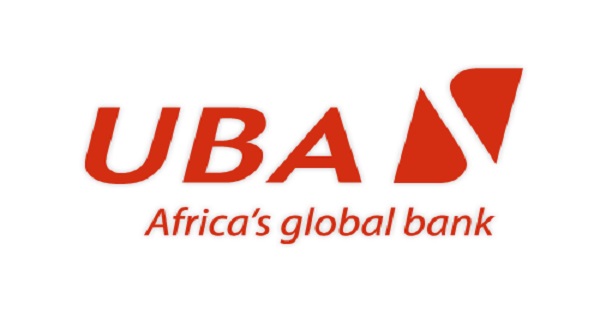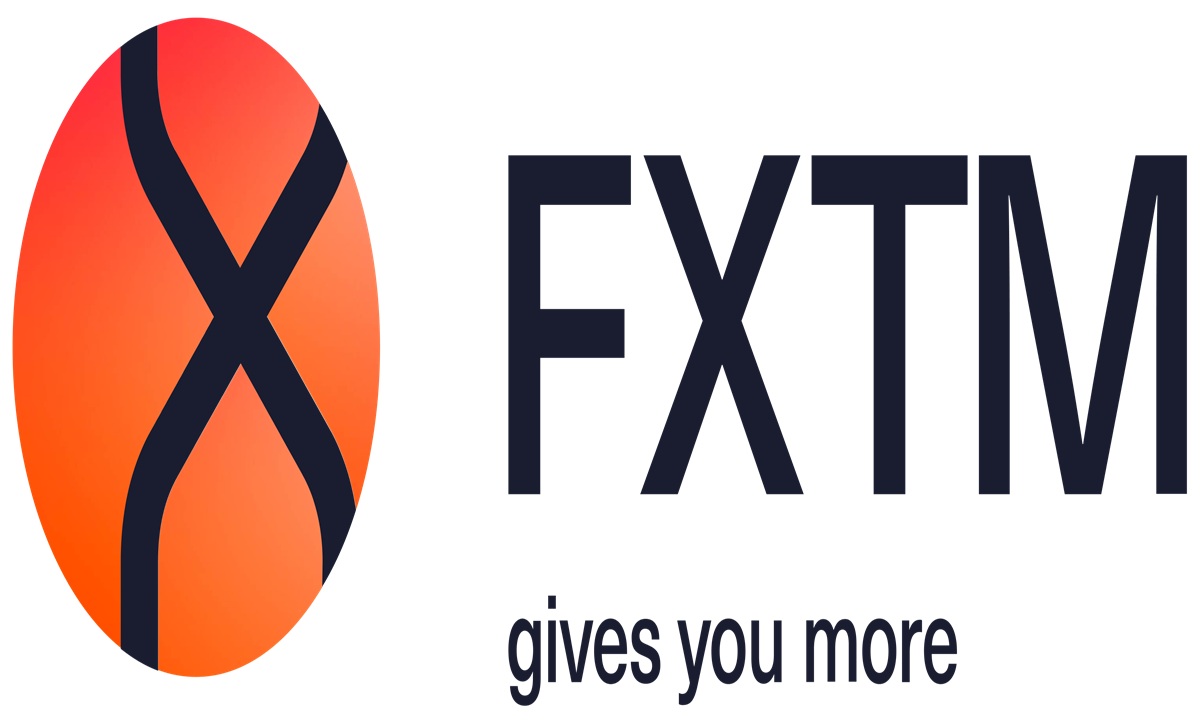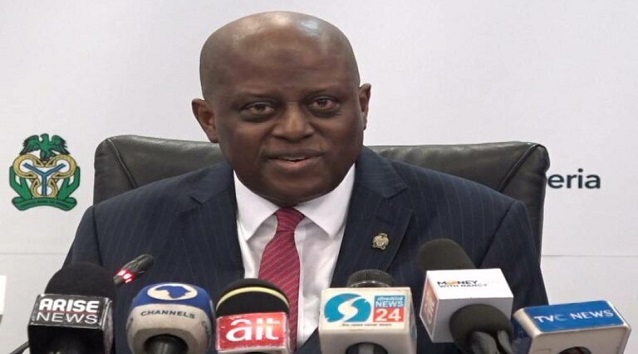E-Financial
UBA Leads Peers in Stimulating Economic Growth in Africa through Consumer Lending

United Bank for Africa (UBA) Plc, Pan African financial Institution, has reiterated its support for SME business and businesses through consumer lending and have innovated with niche products that will see businesses in Nigeria thrive with the right support.

There has been clear evidence that credit remains a major economic stimulant and growth driver; but this has been largely inaccessible to the informal sector which dominates the African economies and small businesses that constitute the primary growth engine.
Consequently, the bank has further deepened its consumer lending product offerings with an aim to delivering services that will empower the customers, thus stimulating economic growth on the continent.
Anant Rao, head, Consumer Lending, UBA, said that the bank focuses on this critical aspect in line with its customer 1st philosophy is to ensure that the customers and delighted at every touchpoint.
Speaking during a virtual media parley attended by a diverse group of journalists and publishers from all over Africa, on Wednesday, he said, “UBA takes consumer lending very important because of the active role in plays in economic development. At UBA, we recognise that customers are important to economic growth, therefore our various offerings are positioned to support them in this regard. These loans have been developed by the bank in line with its purpose to meet the financial needs of customers and to be a part of their daily lives. “
“And this is why consumer lending is very essential to us, as it is the category of financing centered on individual and household consumers, which includes personal loans extended to people who use the funds for individual or family purposes as well as home and auto loans; and so, today in UBA, we make the following loan products available to our customers: UBA Personal Loan; Credit Card; Advance to Pensioners; Education Loan; Auto Loan; Asset Finance; Insurance Premium Financing; UBA Mortgage among others,” Rao continued.
He took time to speak on UBA’s Click Credit – a much loved and accepted facility that makes instant cash available to customers with salary accounts within minutes.
“Available to all salaried customers, the Click Credit product is an instant loan with no form of documentation, paperwork or queues and is available within seconds of request. In fact, anybody who owns a mobile phone can borrow from UBA,” Rao said, adding that the product can also be accessed via USSD, Leo, U-Mobile and Internet Banking.
While emphasising that UBA will use consumer credit as a means to an end to satisfy the full range of a family’s financial needs and aspirations across Africa, the consumer banking boss took time to talk about the innovations that drive the bank’s business including Mobile Banking, Internet Banking, USSD, LEO, Kastle among others.
United Bank for Africa Plc is a leading Pan-African financial institution, offering banking services to more than twenty-one million customers, across over 1,000 business offices and customer touch points, in 20 African countries.
With presence in the United States of America, the United Kingdom and France, UBA is connecting people and businesses across Africa through retail; commercial and corporate banking; innovative cross-border payments and remittances; trade finance and ancillary banking services.
E-Financial
Kuda Bank Teams Up with Lovers & Frnds for Inclusive Valentine’s R&B Bash

Kuda Microfinance Bank partnered with Lovers & Frnds for a Valentine’s edition event on Sunday, February 15, at Space Hub Lekki, Lagos, redefining celebrations around love, friendship, and social connections beyond romance.

Kuda Bank
The R&B-themed gathering drew couples, friend groups, and solo attendees with music sets from DJs like TGarbs, games, gift exchanges, and colour-coded tags—red for relationships, yellow for mingling singles, orange for non-minglers—to spark easy interactions.
Kuda activated a branded photo booth, merchandise giveaways, prize activities, and complimentary drinks for Premium loyalty tier customers, while vendors used Kuda Business POS terminals for seamless cashless payments.
Senior Brand Manager Emmanuel Femi-Adejobi said: “We partner with experiences matching our customers’ lifestyles in music and entertainment, creating spaces they genuinely connect with—we’ll keep supporting how they live and celebrate.”
E-Financial
CBN Slashes Rate by 50bps

By Mathew Anthony, Market Analyst at FXTM
In another positive development for Nigeria, the CBN has proceeded with 50-basis points rate cut.

FXTM Logo
With favourable fundamental forces at play, it was always a question of how much rather than if rates will be cut in February.
Although some were expecting a hefty 100-basis point cut, this was still a positive move by the CBN, mirroring the dovish strategy of other major banks on the continent.
Interest rates were slashed thanks to cooling inflationary pressures, a stronger Naira and rising FX reserves.
This move is likely to boost confidence over the economic outlook ahead of the Q4 GDP report scheduled for release later this month.
E-Financial
CBN Cuts MPR by 50bps to 26.50% as Inflation Eases for 11th Month

Central Bank of Nigeria (CBN) has lowered its Monetary Policy Rate (MPR) by 50 basis points to 26.50 percent from 27 percent, a unanimous decision announced by Governor Olayemi Cardoso at the end of the 304th Monetary Policy Committee (MPC) meeting in Abuja on Tuesday.

CBN
Cardoso cited 11 straight months of decelerating headline inflation—reaching 15.10 percent in January 2026 per National Bureau of Statistics—as key, driven by prior tightening lags, naira stability, food supply gains, steady petroleum prices, export earnings, remittances, and balance of payments strength.
Liquidity ratio stays at 30 percent, CRR unchanged at 45 percent for commercial banks (16 percent merchant banks) and 75 percent non-TSA public deposits; standing facilities corridor now +50/-450 basis points around MPR.
The MPC retained other parameters, welcoming Executive Order 09 redirecting oil/gas revenues to the federation account for fiscal boost, last cutting rates in September 2025 after November’s hold.

 General News3 days ago
General News3 days agoZinox Technologies and TD Africa Forge Strategic Partnership to Revolutionize African Tech Ecosystem

 Telecom3 days ago
Telecom3 days agoUwaje Pays Tribute to Leo Stan Ekeh @70

 Telecom2 days ago
Telecom2 days agoCyber Immunity Emerges as Shield for Nigerians Amid Rising Scams

 E-Financial2 days ago
E-Financial2 days ago$214Bn Missing, Institutions Silent: Is Accountability Dead in Nigeria?

 E-Business2 days ago
E-Business2 days agoInterswitch Partners Abia to Digitise Public Hospitals

 General News2 days ago
General News2 days agoNITDA, Abia Partner on Enterprise Architecture Reform

 E-Business2 days ago
E-Business2 days agoWIEG 2026 Summit Shifts to April 22-23 for Maximum Impact

 News1 day ago
News1 day agoNITDA Urges Stronger State Partnerships as Key to Digital Economy Goals @ South-South Stakeholders Forum


























